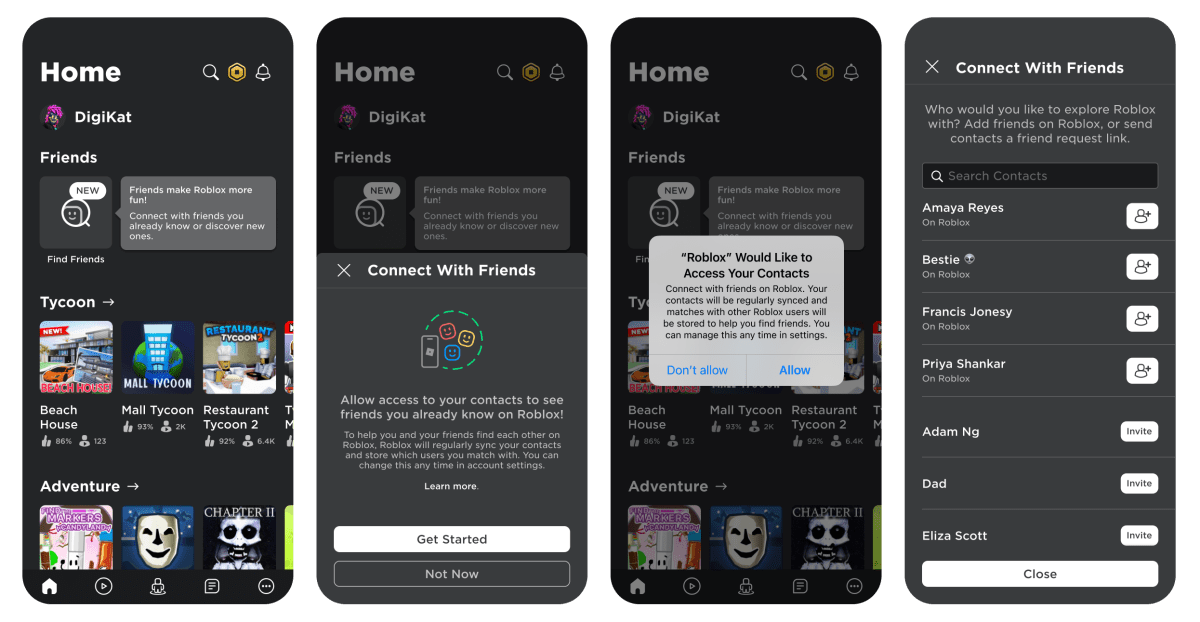Bumble cuts ~350 employees as dating apps face a reckoning | TechCrunch

Bumble, a once-powerful force in online dating, is facing a reckoning.
The company posted weak Q4 2023 results today showing a $32 million net loss and $273.6 million in revenue. While up from the same period a year ago, earnings came in below Wall Street expectations and were paired with a disappointing Q1 2024 forecast — sending Bumble’s stock tumbling ~10% in after-hours trading.
Bumble’s taking drastic action to stem the bleeding.
CEO Lidiane Jones announced that 37% of Bumble’s workforce, or about 350 employees, would be let go, and that Bumble would embark on an app overhaul targeted at reviving growth. The near-term product roadmap will focus on AI and enhanced safety measures, Jones said, as well as features designed to appeal to younger audiences.
“We believe these actions will strengthen our foundational capabilities and enable us to continue delivering new and engaging user experiences that create healthy and equitable relationships,” Jones said during a call on today’s earnings. “We have a lot of users today that love the paradigm of the online dating — swiping and discovery and searching — but there’s also a set of users that want more flexibility to be able to experience and discover people in a more organic and natural way.”
Bumble is facing challenges on multiple fronts as its main rival, Match Group, which owns Tinder, Hinge and Match among other dating apps, goes after Gen Z users with increasingly aggressive marketing tactics.
Bumble’s payer growth has being slowing since late 2021. And many of the capabilities introduced in Bumble’s apps in the past 18 months haven’t resonated with the user base, Jones said during the call.
Bumble has also had to contend with internal organizational shifts in the wake of founder Whitney Wolfe Herd stepping down as CEO last November and transitioning into the role of executive chair. Jones, who joined from Slack in January, appointed four new C-suite executives at Bumble in the last week alone.
Slower growth isn’t unique to Bumble. Dating apps generally — including Match Group’s — have seen declining revenue from users reluctant to fork over cash for premium add-ons. According to a 2023 Pew Research study, while 41% of users age 30 or older have paid for dating apps, just 22% of users under 30 — the demographic seen as most desirable — have done the same.
Platforms have attempted to combat the decline in various ways. Tinder is pivoting to focus on long-term relationships — a top priority for Gen Z, which polls show are less interested in casual relationships and hookups. Hinge among others, meanwhile, is embracing the move to IRL meetups, launching a fund and promotions to sponsor singles events.




